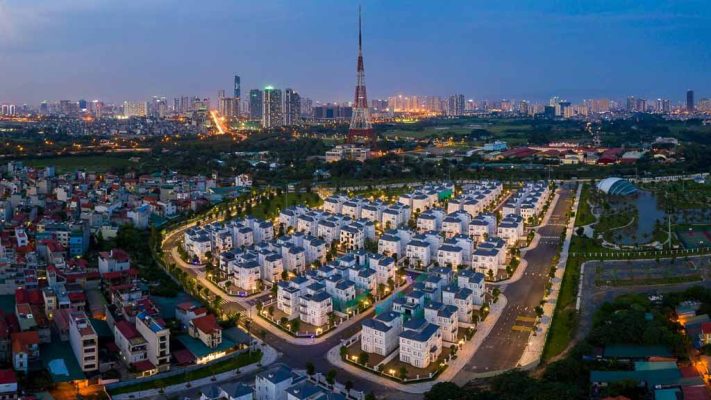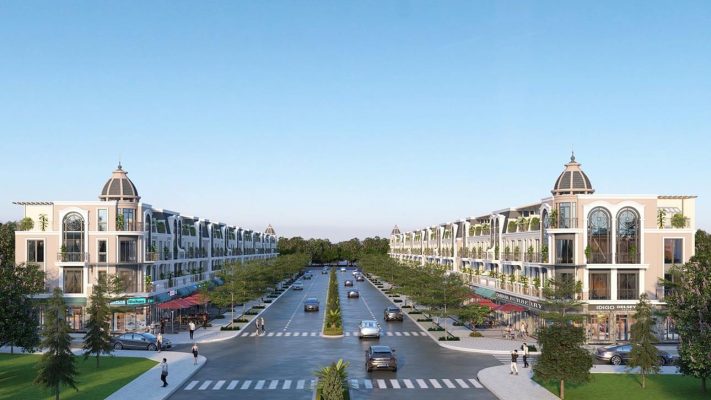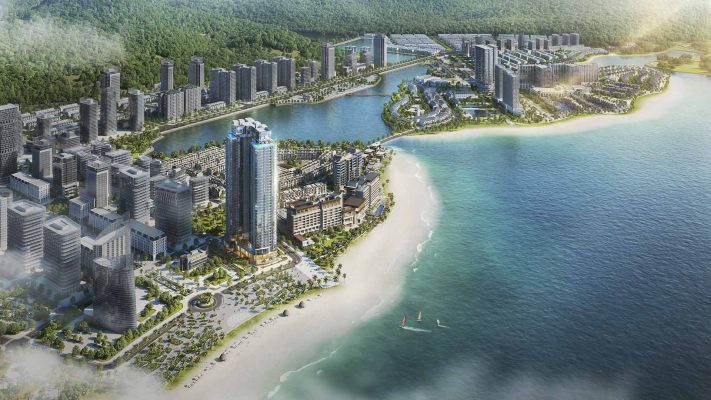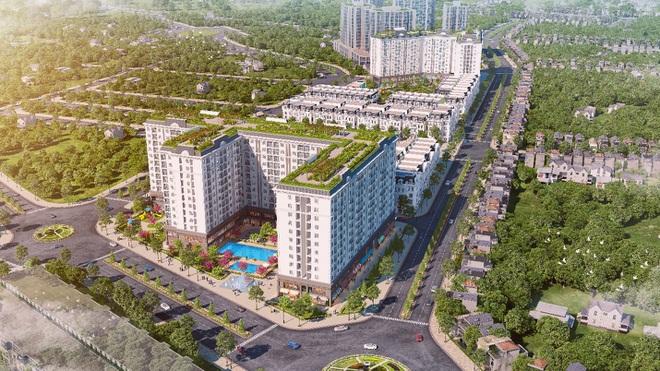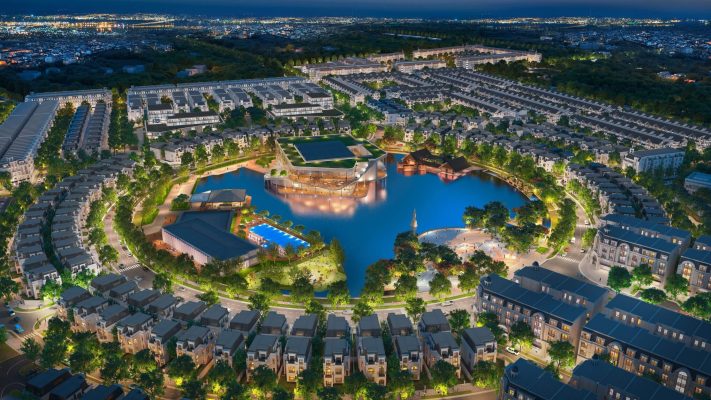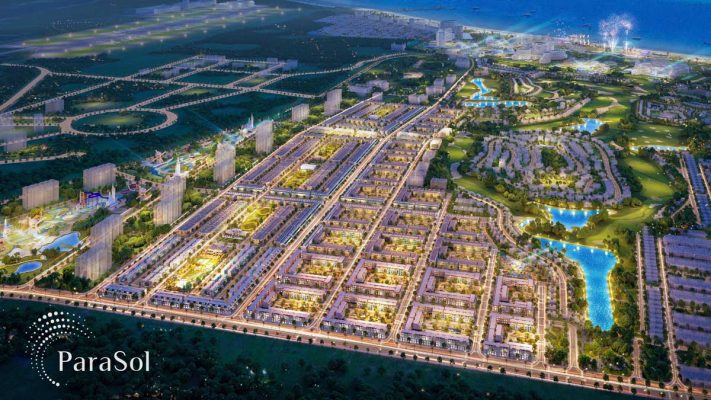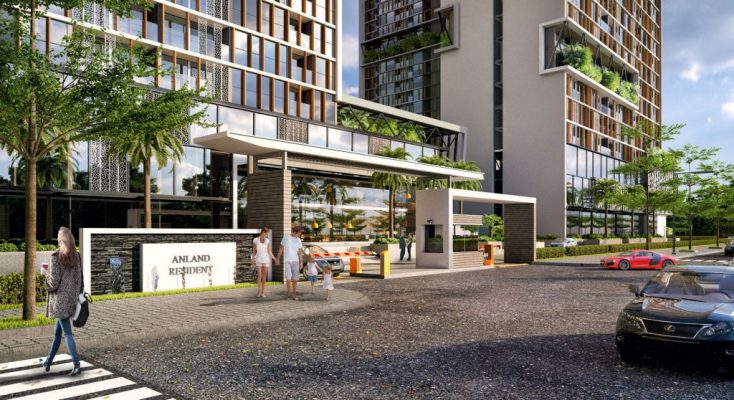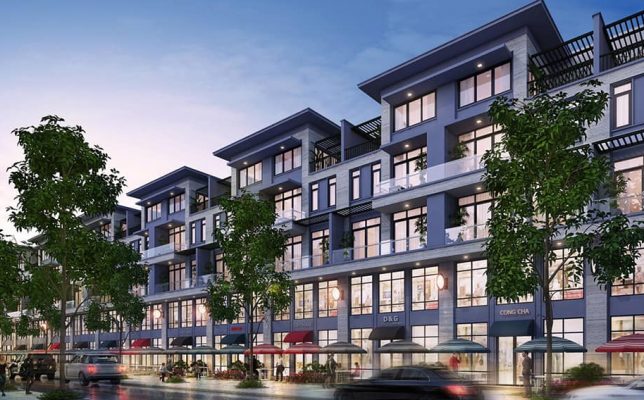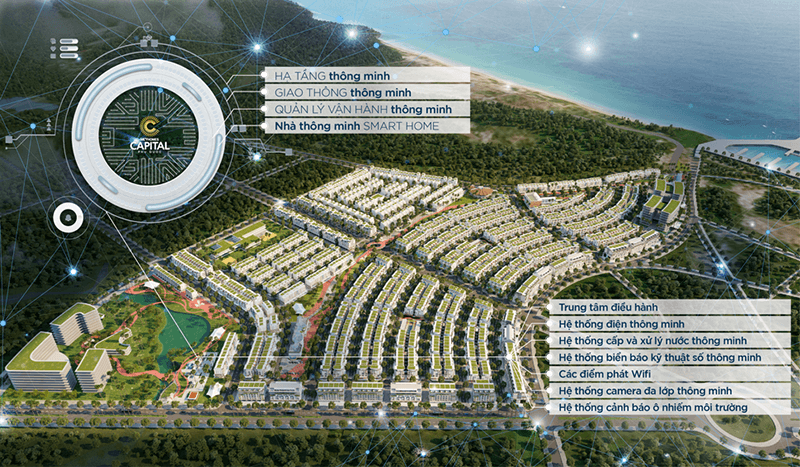- Ghanas Pulse: Real-Time Updates & Critical Developments including breaking news in ghana today live shaping the nation’s trajectory.
- Economic Updates and Financial Stability
- Political Landscape and Governance
- Legislative Developments and Policy Implementation
- Social Issues and Community Development
- Infrastructure Development and Regional Connectivity
Ghanas Pulse: Real-Time Updates & Critical Developments including breaking news in ghana today live shaping the nation’s trajectory.
Ghana is currently experiencing a dynamic period, marked by significant developments across various sectors. The confluence of political, economic, and social factors is creating a complex landscape, and staying informed is more crucial than ever. Among the most pressing issues are economic reforms, infrastructure development, and the ongoing efforts to strengthen democratic institutions. Today, a vital aspect of staying current is understanding the breaking news in ghana today live, as events unfold and shape the nation’s future trajectory. This article aims to provide a comprehensive overview of these developments, offering insights into the challenges and opportunities facing Ghana.
The nation continues to navigate a complex economic climate, influenced by global market trends and domestic policies. Understanding these shifts and their impact on daily life is paramount for citizens and stakeholders alike. It’s a period of both challenges and potential for growth, demanding informed discussion and proactive solutions.
Economic Updates and Financial Stability
Ghana’s economic outlook remains a focal point for both investors and citizens. Recent reports indicate a slowdown in economic growth compared to previous years, largely attributed to global economic headwinds and internal fiscal constraints. The government is actively implementing policies to stabilize the currency, reduce inflation, and attract foreign investment. Key strategies include fiscal consolidation measures, aimed at reducing the national debt, and initiatives to promote local industries. These attempts have met with varying degrees of success, and ongoing monitoring is crucial for assessing the effectiveness of these measures.
One significant aspect of Ghana’s economic policy is the focus on diversifying the economy beyond its traditional reliance on cocoa and gold exports. Efforts are being made to promote value-added agricultural products, develop the manufacturing sector, and foster a thriving technology ecosystem. These reforms are designed to create more sustainable economic growth and generate employment opportunities for the growing population.
| GDP Growth Rate | 3.2% | 3.5% | -0.3% |
| Inflation Rate | 42.1% | 40.1% | +2.0% |
| Exchange Rate (GHS/USD) | 12.5 | 12.3 | +0.2 |
| National Debt to GDP Ratio | 85.5% | 86.2% | -0.7% |
Political Landscape and Governance
The political landscape in Ghana is generally stable, but it is not without its challenges. The two major political parties, the New Patriotic Party (NPP) and the National Democratic Congress (NDC), continue to play dominant roles in the nation’s political discourse. Recent political debates have centered around issues such as corruption, unemployment, and infrastructure development. There is growing public demand for greater accountability and transparency from government officials and institutions.
The upcoming elections are anticipated to be closely contested, with both parties presenting competing visions for the future of Ghana. Effective governance and the rule of law are considered essential for fostering sustainable development and maintaining social cohesion. Strengthening democratic institutions, promoting good governance practices, and ensuring free and fair elections are critical priorities for the nation.
- Increasing citizen participation in the democratic process.
- Strengthening the independence of the judiciary.
- Enhancing the capacity of anti-corruption agencies.
- Promoting media freedom and responsible journalism.
- Investing in civic education programs.
Legislative Developments and Policy Implementation
Recent legislative developments have focused on addressing key economic and social challenges. Parliament has passed new laws aimed at promoting investment, streamlining business regulations, and improving the business environment. These initiatives are intended to stimulate economic growth and create employment opportunities. There have also been legislative debates regarding land ownership, natural resource management, and environmental protection.
The effective implementation of these policies is crucial for realizing their intended benefits. However, challenges remain in terms of bureaucratic inefficiencies, corruption, and inadequate resources. Strengthening institutional capacity, enhancing coordination among government agencies, and ensuring accountability are essential for successful policy implementation. Regular monitoring and evaluation of policy outcomes are also necessary to ensure alignment with national development goals.
Effective policy implementation also relies on effective public-private partnerships to drive and expedite the necessary results. Strengthening the judicial system as well as investing in training programs for civil servants will also enhance the effectiveness of policies.
Social Issues and Community Development
Ghana is grappling with numerous social issues, including unemployment, poverty, inadequate access to healthcare, and educational disparities. Addressing these challenges requires a multi-faceted approach, involving government initiatives, civil society organizations, and private sector involvement. The government is implementing social intervention programs aimed at providing support to vulnerable groups and improving access to essential services.
Community development initiatives play a vital role in empowering local communities and fostering sustainable development. These initiatives often focus on improving infrastructure, promoting education, healthcare, and agricultural productivity. The support from international development agencies, local Civil Society Organizations (CSOs), and Non-Governmental Organizations (NGOs) is critical for scaling up these efforts and maximizing their impact.
- Investing in education and skills development.
- Improving access to healthcare services.
- Promoting job creation and entrepreneurship.
- Strengthening social safety nets to protect vulnerable groups.
- Empowering local communities to participate in development processes.
| Poverty Rate | 24.2% | 15% |
| Unemployment Rate | 12.8% | 8% |
| Literacy Rate (Adults) | 86.2% | 95% |
| Access to Healthcare | 75.5% | 90% |
Infrastructure Development and Regional Connectivity
Infrastructure development is a key priority for Ghana, with significant investments being made in transportation, energy, and communication networks. The government is undertaking projects to expand the road network, upgrade ports and airports, and increase electricity generation capacity. These infrastructure improvements are designed to facilitate economic growth, improve regional connectivity, and enhance the quality of life for citizens.
The development of regional transportation corridors is crucial for integrating Ghana into regional trade networks and promoting economic cooperation with neighboring countries. Projects such as the construction of new railway lines and the expansion of port infrastructure are expected to facilitate the movement of goods and services across borders. Improved infrastructure also provides increased accessibility for remote populations, enabling them to participate more fully in the national economy.
| Tema Port Expansion | Ongoing | December 2025 |
| Accra-Kumasi Railway Rehabilitation | Phase 1 Completed | June 2026 |
| Pwalugu Multipurpose Dam | Under Construction | September 2027 |
Ghana is at a critical juncture, navigating a complex interplay of economic, political, and social factors. Staying abreast of the breaking news in ghana today live is essential for understanding the challenges and opportunities that lie ahead. The nation’s progress hinges on implementing sound policies, strengthening institutions, and fostering inclusive development.
An informed citizenry, committed to active participation in the democratic process, is paramount for ensuring a prosperous and equitable future for all. Continuous monitoring of key indicators is vital for adapting to evolving circumstances and achieving sustainable growth.





